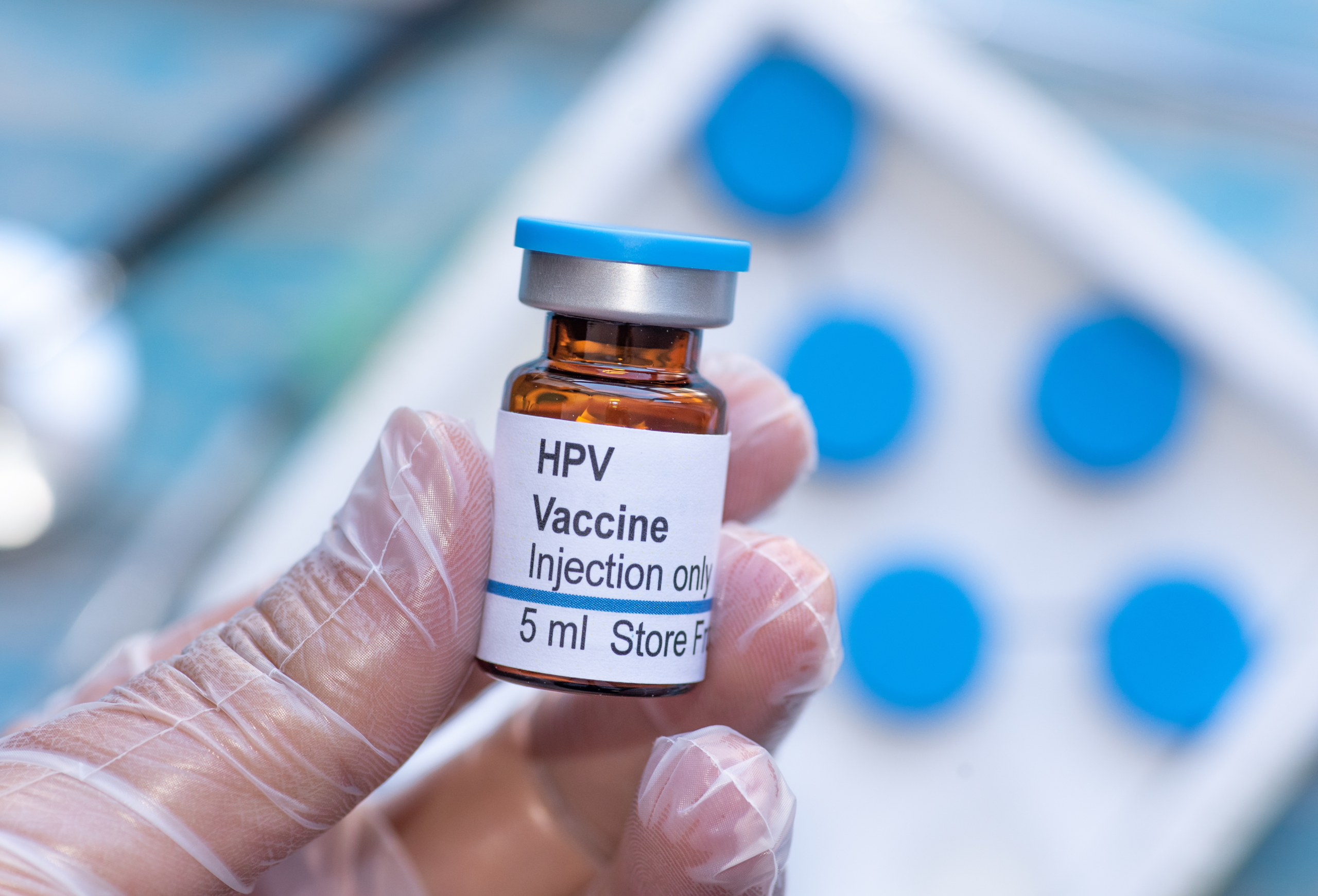What is HPV ?
HPV (Human Papillomavirus) is a group of viruses that can infect the skin and mucous membranes. It is one of the most common sexually transmitted infections (STIs) and can cause a range of health problems, including cervical cancer in women.
More than 95% of cervical cancer is caused by HPV. There are over 100 types of HPV. Out of those, 13 are known to cause cancer.
How do I get infected with HPV?
HPV that affects your genitals gets passed through skin-to-skin contact. Many people cringe at the thought of STIs, but the majority of genital HPV strains are harmless. This includes the type of HPV that causes genital warts.
HPV is primarily spread through sexual contact, including vaginal, anal, and oral sex. The virus is present in the skin and mucous membranes of an infected person, and can be passed on to a partner during sexual activity. It can also be spread through non-sexual means, such as from a mother to her baby during childbirth.
On the other hand, you are more prone to high risk of HPV if you have a weakened immune system, having other STIs, such as gonorrhoea, chlamydia, and herpes simplex.
What are the symptoms of HPV
Most people who have HPV do not show any symptoms, so they may not even know they have the virus. However, some people with HPV may develop symptoms such as:
- Genital warts: These are small, flesh-coloured bumps that can appear on the genitals or around the anus. They can be raised or flat and may be small or large.
- Cervical changes: In women, HPV can cause changes in the cells of the cervix that can lead to cervical cancer. These changes can be detected through a Pap test.
- Other HPV-related cancers: HPV can also cause cancers of the anus, penis, vagina, and throat.
What possible HPV complications are there?
- Cervical cancer: HPV is the leading cause of cervical cancer, which can occur when the virus persists in the body and causes abnormal cell growth in the cervix.
- Other types of cancer: HPV can also cause cancer in other parts of the reproductive system, such as the vagina, vulva, penis, anus, and head and neck.

It’s important to note that most people who are infected with HPV do not develop any complications, and the immune system will clear the virus without treatment. But, it is still important to have regular check-ups and screenings to detect and prevent any serious complications.
Why is there such a sudden focus on HPV, and why should women be more aware?
Annually, about 1.32 lakh women are diagnosed with cervical cancer, and over 75,000 die from the disease in India. In India, we lose one woman every eight minutes to cervical cancer. And the major cause of cervical cancer is HPV, which can be prevented with accurate treatments. India contributes one-fourth of the world’s total cases of cervical cancer—all preventable deaths. Still, we are hesitant and feel ashamed to talk about any woman’s sexual and reproductive health.
How can we prevent HPV? Is HPV curable ?
No. There isn’t a cure for HPV. Still, your immune system is incredibly effective at getting rid of the virus for you. Most HPV infections (about 90%) are cleared within a year or two.
The preventive HPV Vaccine
Condoms and other barrier measures can help to lessen transmission but cannot completely stop it. To offer defence against the most prevalent HPV genotypes, there are two vaccinations that have received FDA approval. Both the Merck’s Gardasil and GlaxoSmithKline’s Cervarix vaccines are highly effective at preventing HPV.
Who should get HPV vaccine -

It’s also worth noting that the vaccine is also recommended for pregnant people who didn’t receive the vaccine before pregnancy. It’s always best to talk to your healthcare provider before getting your HPV vaccine.
Conclusion
HPV vaccinations are essential in preventing and fighting against cancers. Particularly against cervical cancer, which is becoming more common and has a higher mortality rate.It is not a haram to address and raise awareness about HPV and other STIs. Let’s vouch to take care of ourselves.
Frequently Asked Questions
HPV stands for Human Papillomavirus, a group of viruses transmitted through skin-to-skin contact, primarily through sexual activity. It can also be passed from mother to baby during childbirth.
Most people with HPV do not show any symptoms. However, some may develop genital warts, and in women, it can cause cervical changes that may lead to cervical cancer.
There is no cure for HPV, but the immune system can clear the virus in most cases within a year or two.
HPV can be prevented through vaccination. The HPV vaccine is highly effective in preventing certain types of HPV that can cause cancer.
The HPV vaccine is recommended for people of certain ages, regardless of their sexual activity status. It is also recommended for pregnant individuals who haven't received it before pregnancy. Consult a healthcare provider before getting the HPV vaccine.
Related Blogs
- Everything you need to know about AnaemiaSeptember 25, 2023






